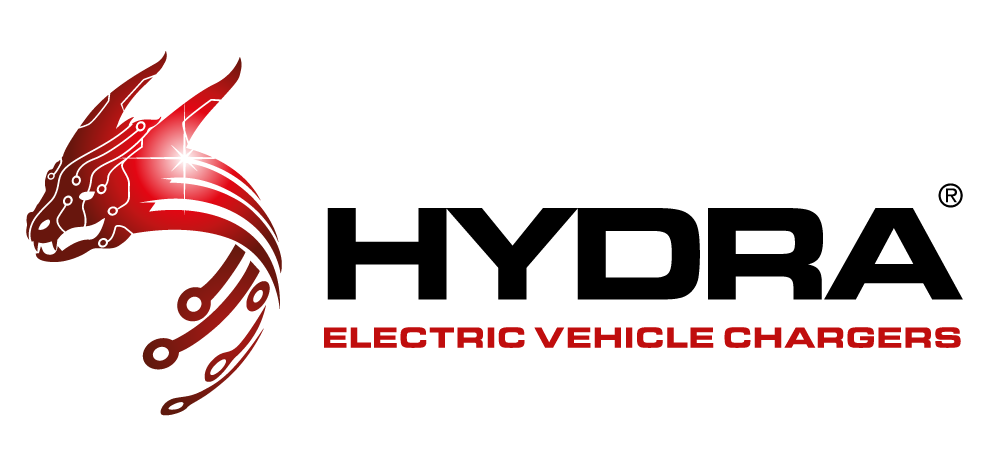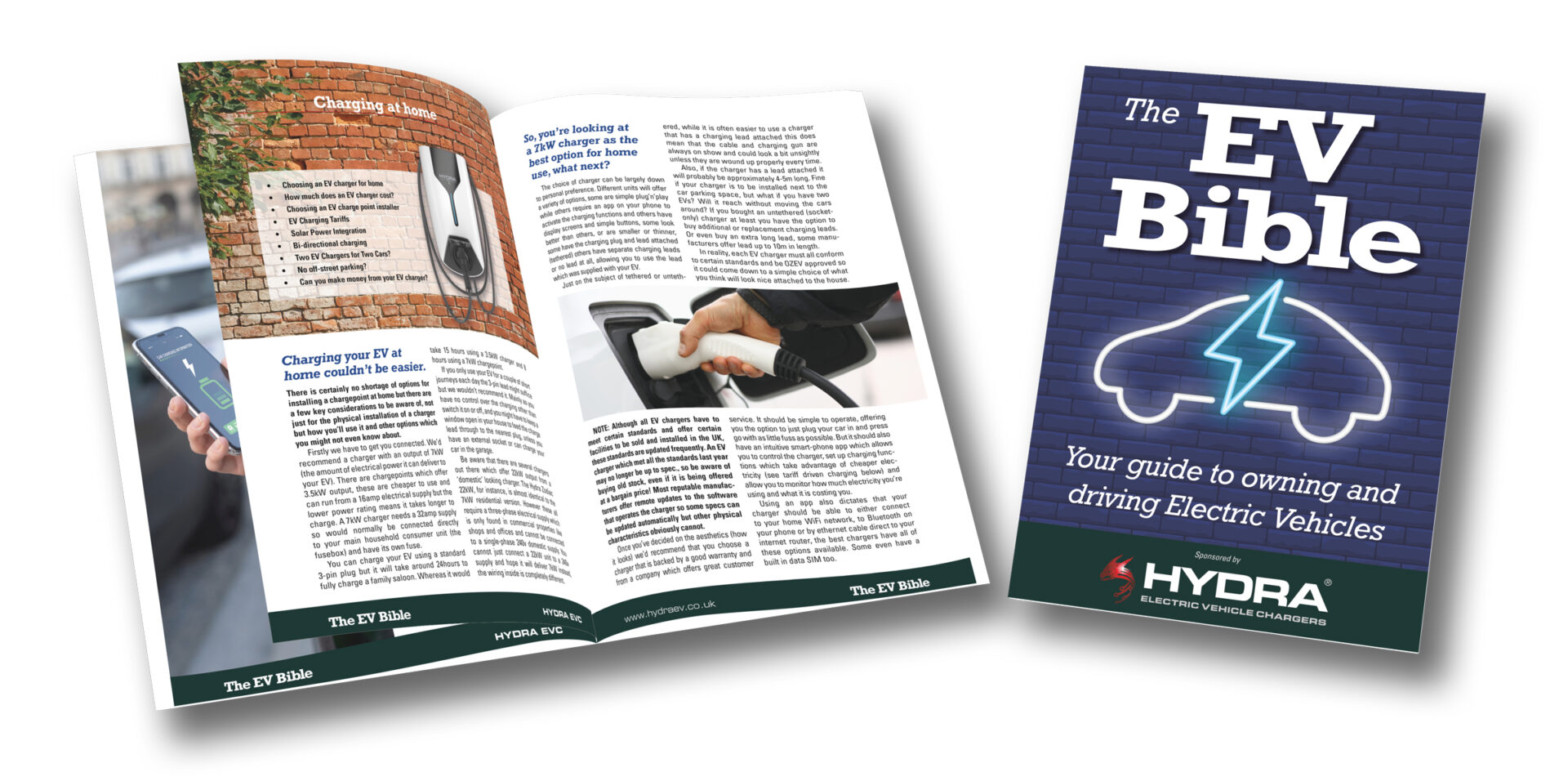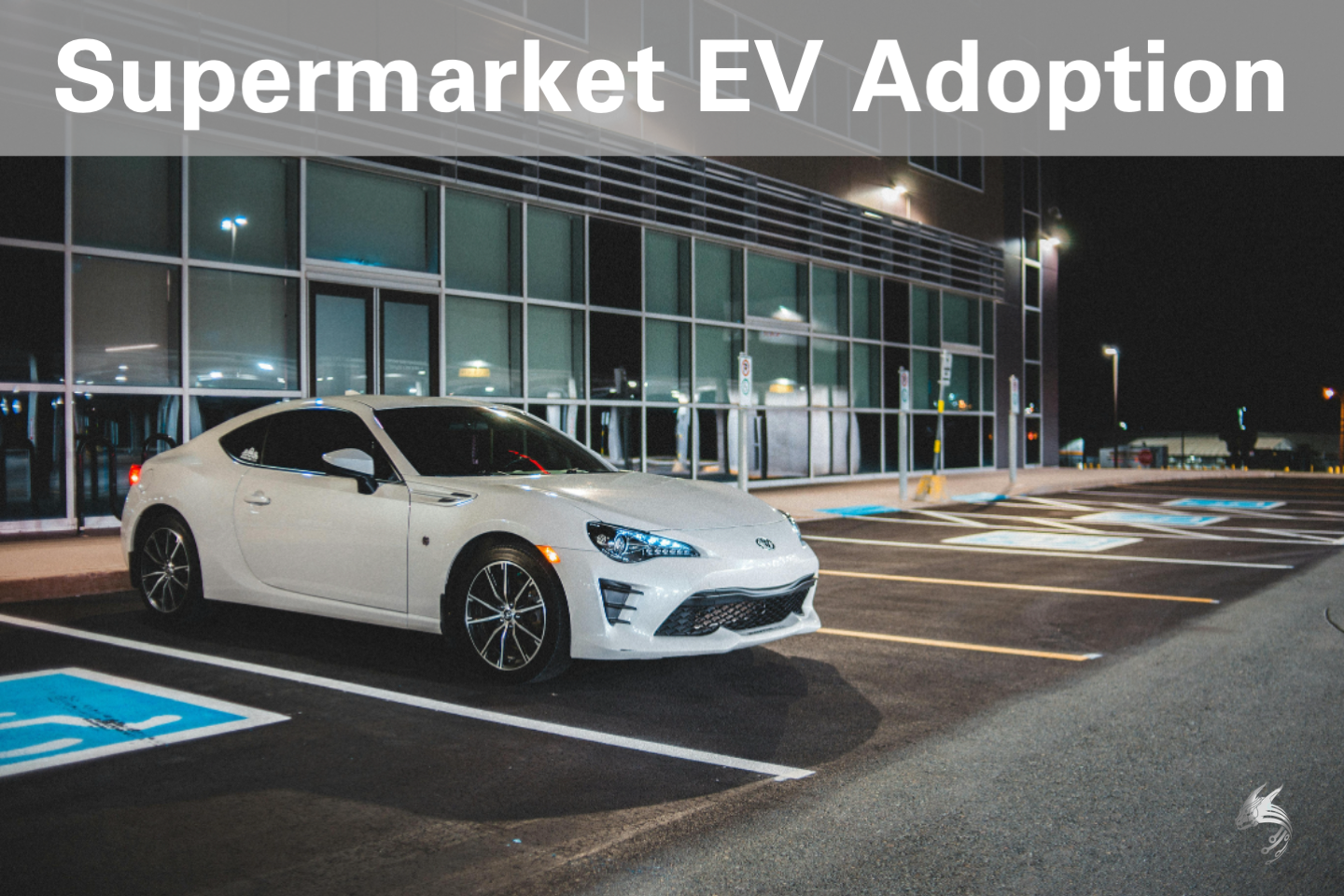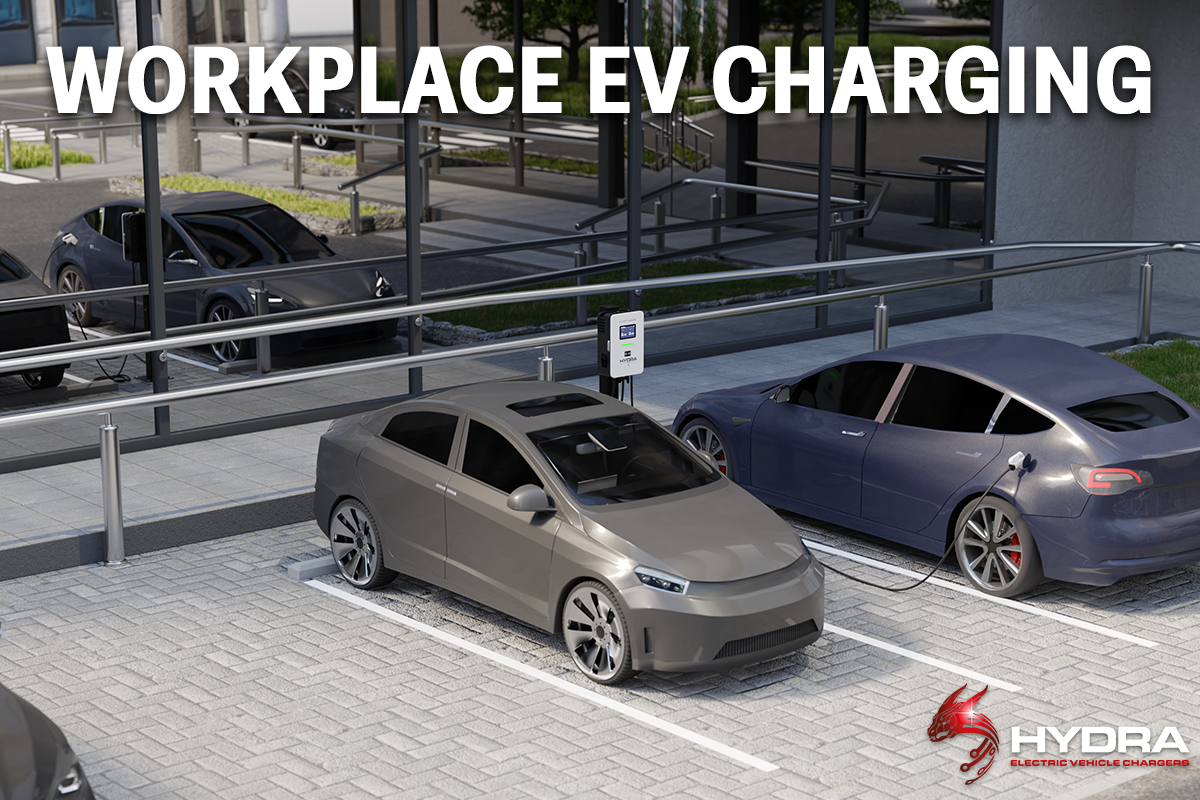There have been far too many instances of “This is the year that EVs finally take off” in the past. But can we confidently pronounce 2022 as “The year of the EV”? Here are the Top 6 reasons why we think 2022 was the EV tipping point.
Government tax and incentives.
There are a few different indicators that lead to pronouncing 2022 as The Year of the EV but the main one is that 2022 was the year that the UK Government finally announced that Electric Vehicles would pay road tax! (Vehicle Excise Duty).
The tipping point has been reached when take up of EVs by the general public is starting to affect HM Treasury coffers so the government had to act – even in a very limited way – to try and limit the impact to the treasury.
2022 also saw the end of Government grants for installing domestic chargepoints for private users and the end of the subsidy towards the cost of buying an electric vehicle. These three points alone should signal that those making the ‘big picture’ decisions are convinced that the switch to EVs is on course and the public no longer needs the incentives available in the past.
OZEV grants (Office for Zero Emission Vehicles) are now aimed at public infrastructure and multi-occupancy housing. So landlords managing a block of flats, companies with workplace car parks and local authorities looking to install EV charging facilities for access by multiple users can still apply for OZEV funding.
Half-a-Million EVs on UK roads.
2022 was the year that the milestone of 500,000 EVs were registered in the UK, this is in addition to the estimated one-million fossil-fuel/electric hybrids. Some manufacturers are reporting sales growth for their EV models to be approaching 50% at the same time that sales in ICE vehicles (Internal Combustion Engine) continue to fall year on year.
FIAT to sell only electrified vehicles.
FIAT stunned the automotive world by announcing that from July 2022 it would only sell Electrified vehicles – either pure electric or hybrid cars – from this year. It is now impossible to but a petrol only or diesel only car from FIAT.
Brave or foolish? FIAT manufactures some of the most popular and affordable small cars in Europe. Almost every street in the UK will have at least one Fiat 500 parked on it! So for the company to delete all of the petrol/diesel models from their price lists overnight – well ahead of the UK Government target of 2030 – must indicate that the company is convinced EV is the future.
List of EV Models hits 200
Anyone looking at an EV can now choose from 200 different models. In some respects, the decades-old manufacturers are struggling to keep up with new, previously unseen manufacturers introducing models in every price bracket.
Ever heard of ORA, Genesis or Fisker? These along with MG – now owned by Chinese company SAIC – offer some of the most attractively priced and feature-rich EVs available. At the same time companies like Toyota are still presenting the buying public with computer generated images of vehicles they plan to release in 3, 4 or 5 years time.
Google Maps show EV chargepoints
Zap-Map has been the long-time king for EV mapping but Google Maps now also lists EV charging points. You can just search ‘EV charging’ or select the menu item ‘Electric Vehicle Charging’ under ‘Services’.
Google will find all nearby chargepoints, list which chargers are available including the power and plug-type plus opening hours. You can further enter some details of your EV to filter the results only applicable to your EV.
At the moment Google Maps still lacks the ability to plan a route to encompass EV charging facilities along the way, which Zap-Map does, but it is surely only a matter of time before this facility is added, Google already offers routes based on fuel-efficiency as well as shortest and quickest.
As many EVs have Google mapping built in to the screen or infotainment functions this is an undoubted benefit to the EV market.
Electric Ford Transit released
Why should a Van be so important? The Ford Transit has been the King of the commercial fleet for more years than anyone cares to remember and while other manufacturers, notably Maxus and Vauxhall, have offered very successful, fully electric vans for a while now it was the Transit which was expected to set the benchmark.







